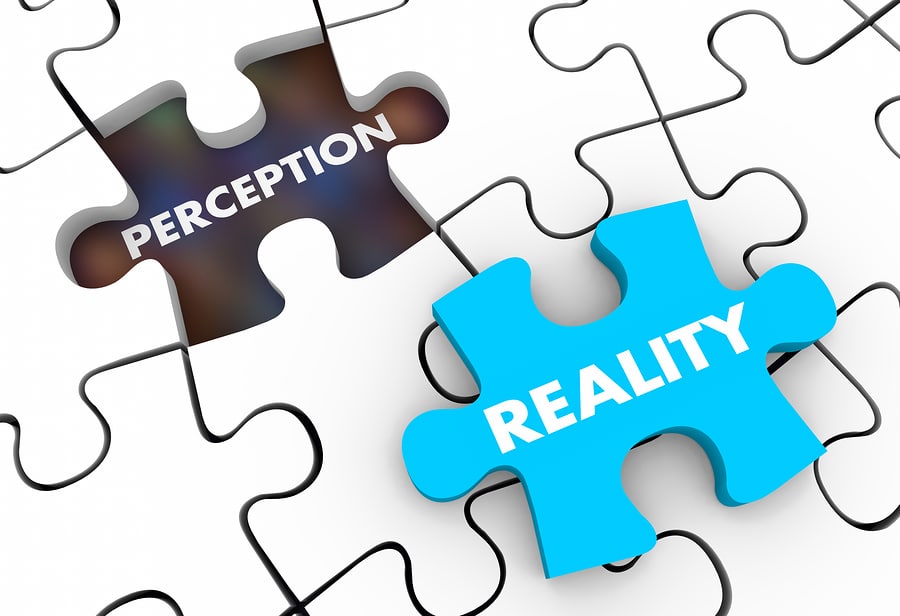754
What a person perceives determines their reality, regardless of whether this perception is objective or subjective
Perception is reality: philosophy and example
The expression “perception is reality” refers to the idea that the way people perceive the world constitutes their reality.
- This term is discussed in the fields of psychology, philosophy and communication. The idea is that our perceptions and interpretations of events and information can influence our beliefs, decisions and actions.
- Philosophical schools of thought that deal with the relationship between perception and reality are phenomenology, idealism, pragmatism and postmodern philosophy. Phenomenology emphasizes the importance of subjective experience and perception in the construction of reality. Idealism argues that reality is essentially mental or spiritual and that our perceptions shape the structure of our reality. Pragmatism emphasizes the practical consequences of ideas and beliefs and how perceptions influence our actions and decisions. Postmodern philosophy criticizes traditional notions of objectivity and truth and emphasizes the diversity and contingency of perceptions and perspectives.
- An example of how our perception can influence reality is an incident in 2012 at the Mülligen postal center. Here, white powder trickled out of letters, causing 34 people to feel ill and leading to speculation about a possible toxic substance. After investigations, it turned out that the powder was harmless. Nevertheless, those affected were not faking it, as the symptoms of poisoning were actually real. The body does not need to be poisoned, it is enough to perceive it
Application areas: “Perception is reality “
“Perception is reality” does not represent an absolute truth, but shows how individuals experience and interpret the world. This can also indicate that an individual’s reality does not always correspond to objective facts, but depends heavily on personal experiences, beliefs and interpretations.
- Politicians and political strategists are aware that the public perception of their actions and statements shapes their political reality. A positively perceived policy can be more successful, even if it is not always effective in practice.
- Companies know that the way their products are perceived is crucial to their success. Even if two products have the same quality, consumers’ perception of which product is better can determine the success or failure of a product.
- In interpersonal relationships, one person’s perception of another person can influence their reality. For example, if someone believes that another person is unfriendly, he or she is likely to treat that person differently than if he or she believed that person to be friendly.
- The way events are portrayed and interpreted in the media often influences how people think about and evaluate those events. These perceptions can shape public opinion and even influence political decisions.
